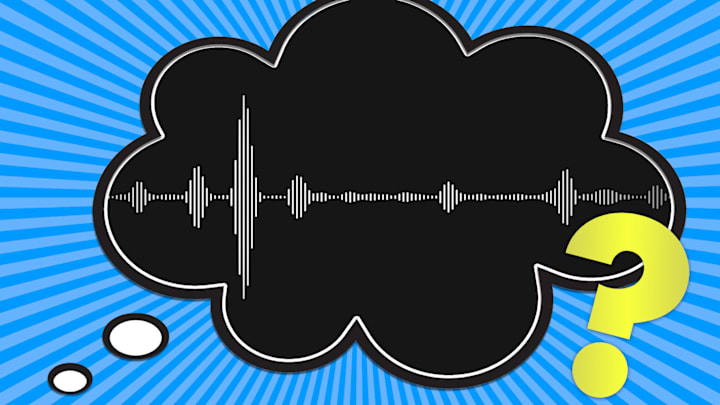If your thoughts tend to wander toward the grammatical, you’ve probably noticed that sound and noise are often used interchangeably. There doesn’t appear to be an obvious delineation between them, yet some phrases appear odd when they're swapped. Few people say, “That’s a lovely noise,” for example, or “What’s all that sound?” If those present as clunky to your ear, you’ve halfway toward figuring out the difference between the two words and when to use each.
Merriam-Webster defines sound as “mechanical radiant energy that is transmitted by longitudinal pressure waves in a material medium (such as air) and is the objective cause of hearing.” Basically, anything we can hear can be a sound, from a dripping faucet to speech to music.
Noise, on the other hand, is sound that “lacks an agreeable quality or is noticeably unpleasant or loud” as well as “any sound that is undesired or interferes with one's hearing of something.”
Noise more frequently refers to something unpleasant or sound that disrupts. While a yard full of barking dogs are producing sound, they’re also—depending on the time of day and your proximity to them—creating a lot of unwanted noise. Radio static is technically sound, but because it’s indecipherable and unpleasant, it’s best labeled noise.
Noise can also be unexpected or unidentified. If you hear a banging in the middle of the night, you might exclaim, “What’s that noise”?
While all noise is sound, not all sound is unwanted noise. It can also be subjective. If you love heavy metal, that’s pleasant sound. If you hate it, it’s noise.
Have you got a Big Question you'd like us to answer? If so, let us know by emailing bigquestions@mentalfloss.com.
